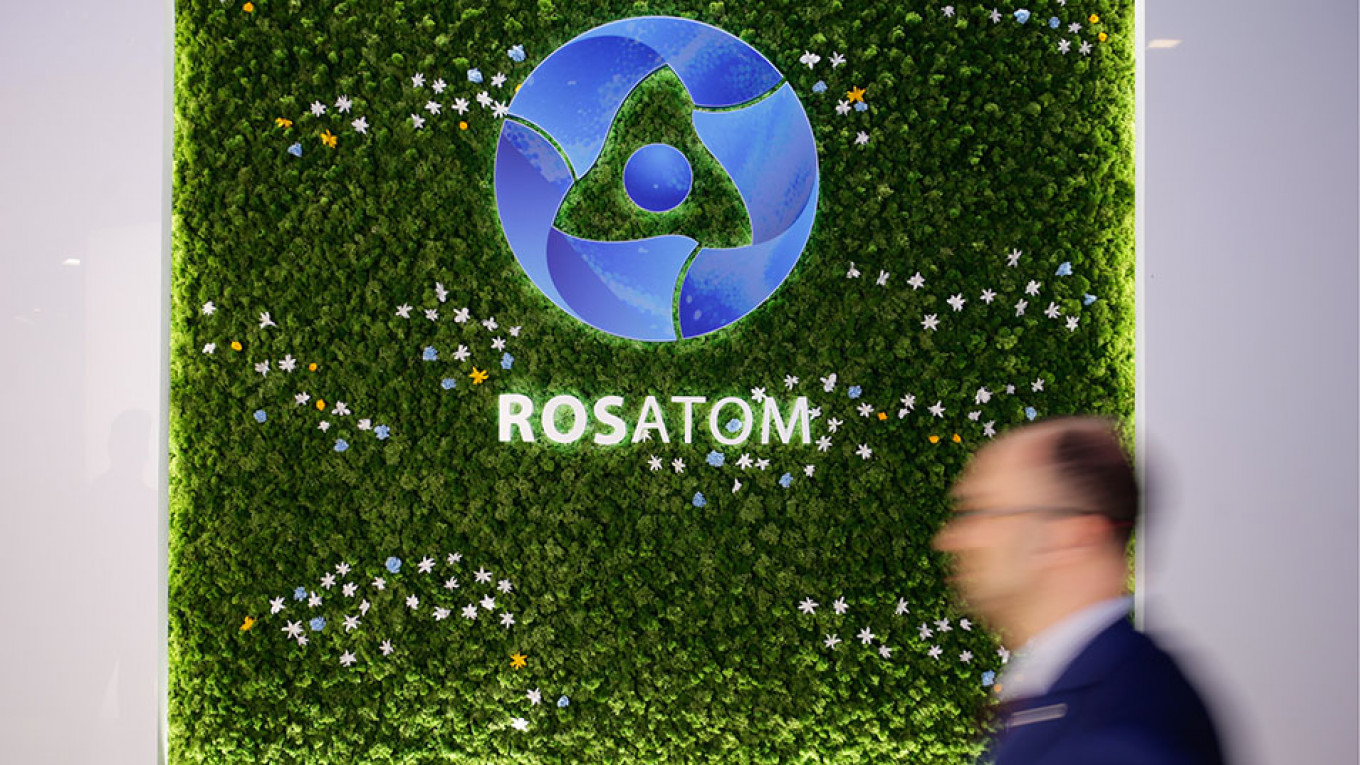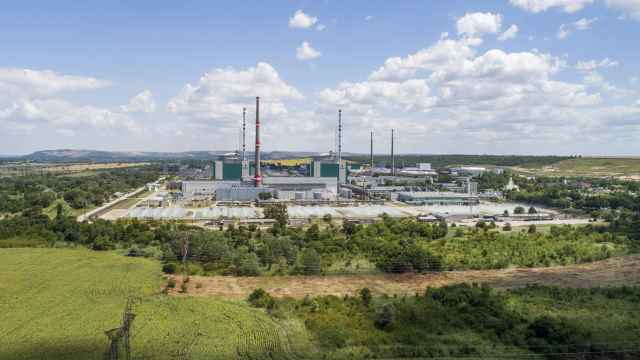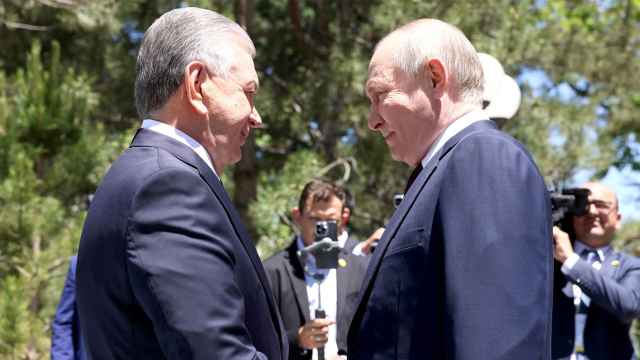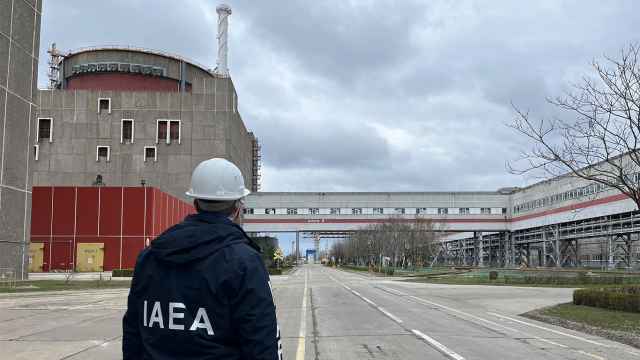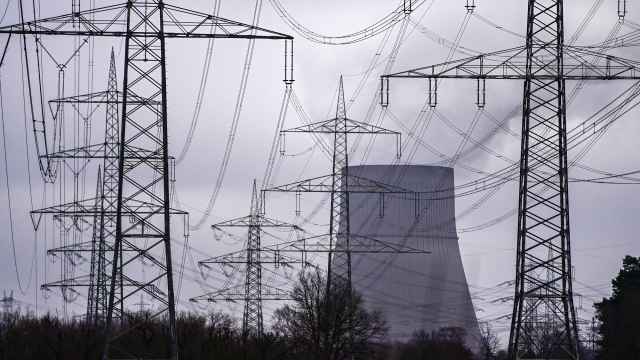Russian state nuclear company Rosatom aims to triple its revenues in U.S. dollar terms by 2030, driven by foreign projects from Belarus to Bangladesh and new product areas such as carbon fibre, its chief executive told Reuters.
Rosatom is the world's only integrated nuclear firm, providing a one stop shop from uranium enrichment to handling nuclear waste, after its two biggest rivals Areva and Westinghouse hit financial troubles.
Alexey Likhachyov, 58, has led Rosatom since 2016, with goals to increase competitiveness, add new markets and products, and boost its share of global nuclear technology exports.
By 2030, he expects up to 70 percent of Rosatom's revenue to come from outside Russia and up to 40 percent from new products, including non-nuclear ones.
"The first step is to implement our entire order book portfolio — this is around $190 billion overall, of which $133 billion is for this decade. Out of these, around $90 billion are (started) plants abroad. This is 12 countries," he said.
Rosatom is the world's biggest nuclear company by foreign orders, with a total of 36 nuclear blocks on order outside Russia, including in Belarus, Bangladesh, China, India, Turkey, Finland, Hungary and Egypt.
"We have already entered some sites and are at quite advanced stages — in Belarus, for example. At some we are accelerating the construction process, these are Bangladesh and Turkey. At some there is a licensing process," Likhachyov said.
"At some this (process) is easier, if we talk about Egypt, at some a bit more complicated, if we talk about Hungary and Finland ... (But by) implementing right on time these (order book) projects, we will get closer to the goals I mentioned."
In 2014, Rosatom's foreign revenue stood at $5.2 billion, or 31 percent of the total. It is aiming for $15 billion in 2023, or 40-45 percent of the total, Likhachyov said.
Rosatom is also interested in the nuclear plans of Argentina and Saudi Arabia, he said. And if the world continues to switch from fossil fuels, Rosatom's foreign revenue may grow even more, Likhachyov said.
Among new products and non-nuclear areas Rosatom is targeting are equipment for the energy sector, safety systems, recycling hazardous industrial waste, and new materials such as carbon fibre.
"For carbon fibre, we will try to become one of the world's leading suppliers. The plant is currently being built ... Next year, we want to start commercial supplies, including to our aviation industry," Likhachyov said.
Competition and cooperation
Rosatom has won most major global new-build nuclear contracts over the past decade and has the experience and financial clout to not only sell reactors but also build the entire power plant around them.
Likhachyov said he would welcome more competition from other players, as currently there is not enough. At the same time, partnerships with other countries are needed for the global nuclear industry to develop, he said.
"Alone, no country will create a full-fledged nuclear industry," he said.
Likhachyov said he saw key competition now coming from China and the United States. "China is just trying to start expansion. It is better for us to go together with China to some countries," he said, without mentioning specific projects.
China has ambitions to become a top nuclear vendor, although it has little experience of building reactors abroad. Russia and China are competing for new projects in Argentina.
Likhachyov said Rosatom was moving towards less state support for its day-to-day operations. Last year, such support totalled 68 billion rubles ($1.1 billion) versus 77 billion in 2016.
At the same time, the company invested 250 billion rubles in Russia last year, Likhachyov said.
"But we need to understand that, if we talk about heavy projects in the nuclear industry, such as the Northern Sea Route (NSR) or industrial waste, of course, without the support of the state as an anchor investor this is hard," he said.
Likhachyov said the NSR would require about $11.7 billion of investments, with the state budget set to provide about a third and the rest coming from companies and banks.
A Message from The Moscow Times:
Dear readers,
We are facing unprecedented challenges. Russia's Prosecutor General's Office has designated The Moscow Times as an "undesirable" organization, criminalizing our work and putting our staff at risk of prosecution. This follows our earlier unjust labeling as a "foreign agent."
These actions are direct attempts to silence independent journalism in Russia. The authorities claim our work "discredits the decisions of the Russian leadership." We see things differently: we strive to provide accurate, unbiased reporting on Russia.
We, the journalists of The Moscow Times, refuse to be silenced. But to continue our work, we need your help.
Your support, no matter how small, makes a world of difference. If you can, please support us monthly starting from just $2. It's quick to set up, and every contribution makes a significant impact.
By supporting The Moscow Times, you're defending open, independent journalism in the face of repression. Thank you for standing with us.
Remind me later.



